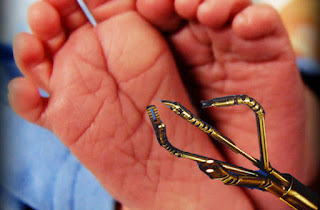How to Pronounce Tickle
The word "tickle" can be pronounced a few different ways, depending on the region and dialect. In North America, the most common pronunciation is /ˈtɪkəl/ (tih-kuhl), though you may also hear /ˈtɪkəl/ (tik-uhl) or /ˈtɪkl/ (tih-kuhl).
In the United Kingdom, Australia, and New Zealand, the most common pronunciation is /ˈtɪkl/ (tik-uhl).
The word "tickle" comes from the Old English word *tictle* meaning "to touch lightly." It's related to the Dutch word *tikken* meaning "to tap," the German word *ticken* meaning "to touch or hit gently," and the Old Norse word *tiklingr* meaning "to touch."
How to Pronounce Itchy
The word "itchy" can be pronounced a few different ways, depending on the region and dialect. In North America, the most common pronunciation is /ˈɪtʃi/ (ih-tchih), though you may also hear /ˈɪtʃɪ/ (itch-ih).
In the United Kingdom, Australia, and New Zealand, the most common pronunciation is /ˈɪtʃɪ/ (itch-ih).
The word "itchy" comes from the Old English word *ġecyð* meaning "to itch." It's related to the Dutch word *jeuken* meaning "to itch," the German word *jucken* meaning "to itch," and the Old Norse word *kjakr* meaning "to itch."
How to Pronounce "Strictly"
The word "strictly" can be pronounced a few different ways, depending on the region and dialect. In North America, the most common pronunciation is /ˈstrɪktli/ (struhk-tlee), though you may also hear /ˈstrɪktɪ/ (struhk-tih) or /ˈstrɪklɪ/ (struhk-lee).
In the United Kingdom, Australia, and New Zealand, the most common pronunciation is /ˈstrɪklɪ/ (struhk-lee).
The word "strictly" comes from the Latin word *strictus* meaning "tight, narrow, or constricted." It's related to the English word "restrict," which comes from the Latin word *restrictus* meaning "to bind tightly."
How to Pronounce Mcflurry
The word "Mcflurry" can be pronounced a few different ways.



